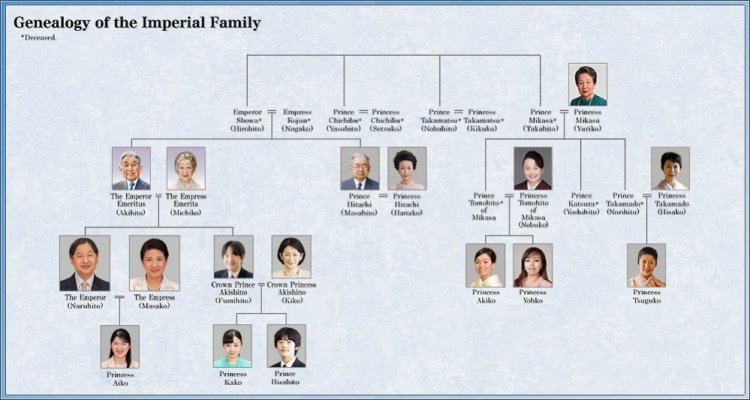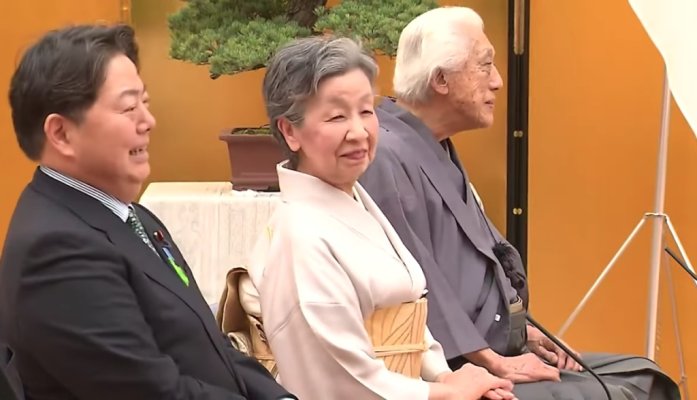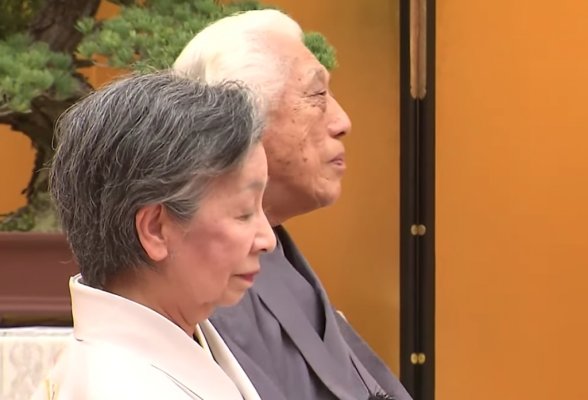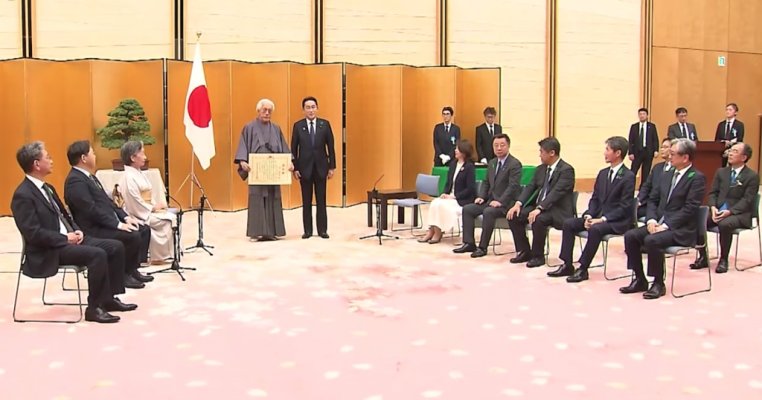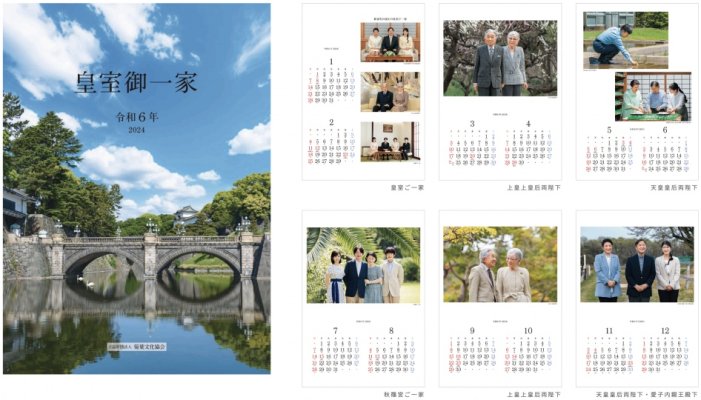FOCUS: Mental health issues show women bear brunt of Japan monarchy system - Kyodo News
The diagnosis of former princess Mako's post-traumatic stress disorder prior to her controversial marriage in October has once again highlighted the intense pressure that women in the Japanese imperial family face, with some other members also plagued by mental health issues.
The former princess, 30, who is a niece of Emperor Naruhito, came under massive public scrutiny after it became known that the family of her commoner husband Kei Komuro was involved in a financial dispute.
Her aunt Empress Masako, 58, has long been battling a stress-induced illness related to the pressure she was under to produce a male heir, while former Empress Michiko, 87, the emperor's mother, became unable to speak for months amid bashing by weekly magazines following her husband's accession to the throne in 1989.
[...]
"It is as if there are no human rights (within the imperial family)," said clinical psychologist Sayoko Nobuta.
[...]
Regarding his daughter's mental health, Crown Prince Fumihito, the emperor's brother, stressed on the occasion of his 56th birthday in November the need to establish "criteria to refute" erroneous reports.
While the agency has exposed fake news in the past, debunking some reports on its website since 2007, it does not have a clear policy on how to handle such matters.
"Even if (former princess Mako) was told to ignore or not engage with online bashing, one can't help but notice it in their daily life, and it will chip away at one's heart before they know it," said Rika Kayama, a psychiatrist and commentator on social issues.
[... Recap of Empress Michiko and Crown Princess Masako's mental health struggles ...]
"The emperor is the symbol of Japan, and the monarchy is a symbol of patriarchy. Therefore, discrimination against women is most pronounced in the imperial family," Nobuta said, adding that such an environment makes it difficult for bright women to survive.
Nobuta said that former princess Mako, who grew up watching these events and had studied at International Christian University in Tokyo as well as in Britain, must have felt the only way to truly live her life was to leave Japan.
"For former princess Mako, escaping was her main goal, and I think she chose Komuro as the man who could help her achieve this goal," Nobuta said.
[...]
All eyes are now on Princess Aiko, who turned 20 in December and is now expected to perform official duties as an adult member of the imperial family.
[...]
In the past, Princess Aiko has sparked concerns and speculation among the public for her prolonged absence from school and a sharp weight loss at one point, but it remains to be seen if the mental health issues that befell the female relatives before her will repeat themselves.
Hajime Sebata, an associate professor of modern Japanese history at Ryukoku University, said that building rapport with citizens through communication, not counterarguments, is key.
"If (the agency) regularly posts (information on royals) on social media and communicates, the public will come to trust the imperial family even if there are criticisms," he said.


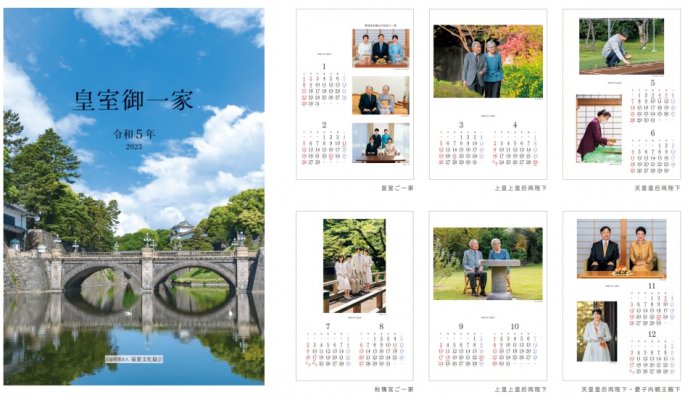
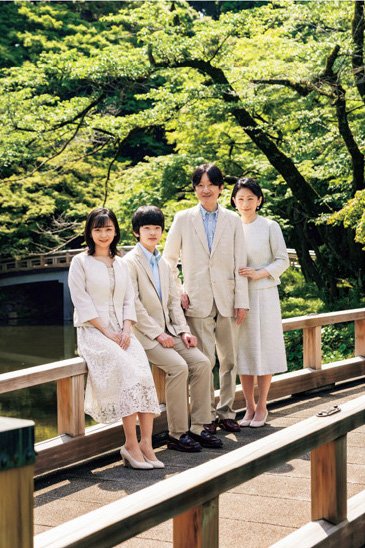
 Thank you for the update. At least it is quite a nice-looking cover.
Thank you for the update. At least it is quite a nice-looking cover. 